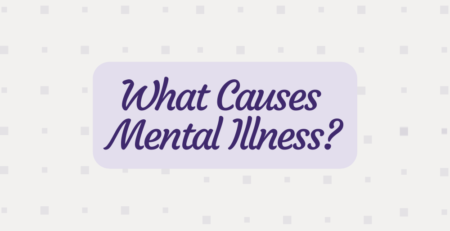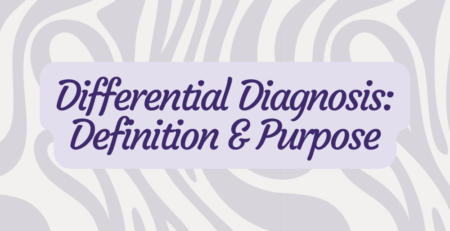The Benefits of Mental Health Support Groups
The emotional effects of mental illness are bad enough, but there are also social effects—including, all too frequently, exposure to insensitive or biased attitudes. Even loved ones who desire to help are often bewildered by, and at a loss for how to respond to, the symptoms of schizophrenia, obsessive-compulsive disorder or major depression. Sadly, many people with mental illness also believe that they should be able to “snap out of it” and that something is deficient about them because they can’t. The sense of self-doubt and utter loneliness, combined with fear of rejection, keeps many people from seeking mental health care. It’s likely also a factor in the high suicide rate among people with mental illness. Fortunately, there is a solution: attending mental health support groups.
The Importance of Peer Support
Another unfortunate fact is that mental-illness stigma shames many people into denying or hiding their symptoms—which reinforces large-scale “I’m the only one” perceptions, which reinforce the problems mental illness causes for affected individuals and the larger society. Feeling part of an understanding, supportive community is an important part of dealing with any health issue—and that community is doubly beneficial when it includes peers who empathize because they have struggles in common.
Fortunately, the stigma surrounding mental illness is now disappearing as knowledge of its true nature—and of its prevalence even among successful people—becomes more widespread. It’s not only easier now to face up to and seek treatment for mental problems: it’s much easier to locate mental health support groups that fill the need for fellowship, accountability and empowerment.
Finding a Mental Health Support Group
If you or someone in your family is diagnosed with a mental illness, there may already be an active support group at your local clinic, community center or religious congregation. Otherwise, you can find a group through the National Alliance on Mental Illness, Mental Health America or your state’s/municipality’s mental-health-services website. Or, if the mental illness co-occurs with a substance use disorder, through Alcoholics Anonymous or similar organizations.
Don’t worry if you aren’t certain which group is right for you: any support group worth attending will allow you to visit multiple times before asking for a long-term commitment. And will be understanding if you don’t feel comfortable sharing your experiences immediately.
(Important note: if you don’t have a mental illness yourself, but someone in your household does, you need mental health peer support as much as they do. Illness is always a family problem: stress and communication challenges affect everyone in close contact.)
Participating in a Mental Health Support Group
Remember that a support group meeting is different from an appointment with a psychiatrist or therapist: this is not exclusively about your (or any other individual’s) struggles, but is a give-and-take gathering designed to offer support where most needed. So beware temptations to dominate the group’s attention. Know and respect the rules for taking turns, and follow the facilitator’s guidance. And definitely don’t take an attitude that your concerns are more important than anyone else’s.
Other ways to be an effective support group participant:
- Judiciously respect the confidentiality of other group members.
- Listen when someone else is sharing—and unless it’s specifically allowed under group policy, avoid jumping in to offer advice.
- Remember that the goal is to help empower everyone in developing their own coping/problem-solving skills, not to solve anyone’s problems on the spot.
- Commit to at least one specific group for the long haul—and keep attending regularly, even after you feel “normal” again. Regular human support is the best preventative medicine against recurrence of mental-illness symptoms. And the “side effects” of this medication are worth experiencing.
You Don’t Have to Feel Alone
Besides providing medical care and individual therapy for depression, anxiety disorders and other mental illnesses, Serene Behavioral Health organizes group therapy sessions where you can learn alongside peers who understand your struggles. Contact us to learn more about this and our other therapy programs.
















